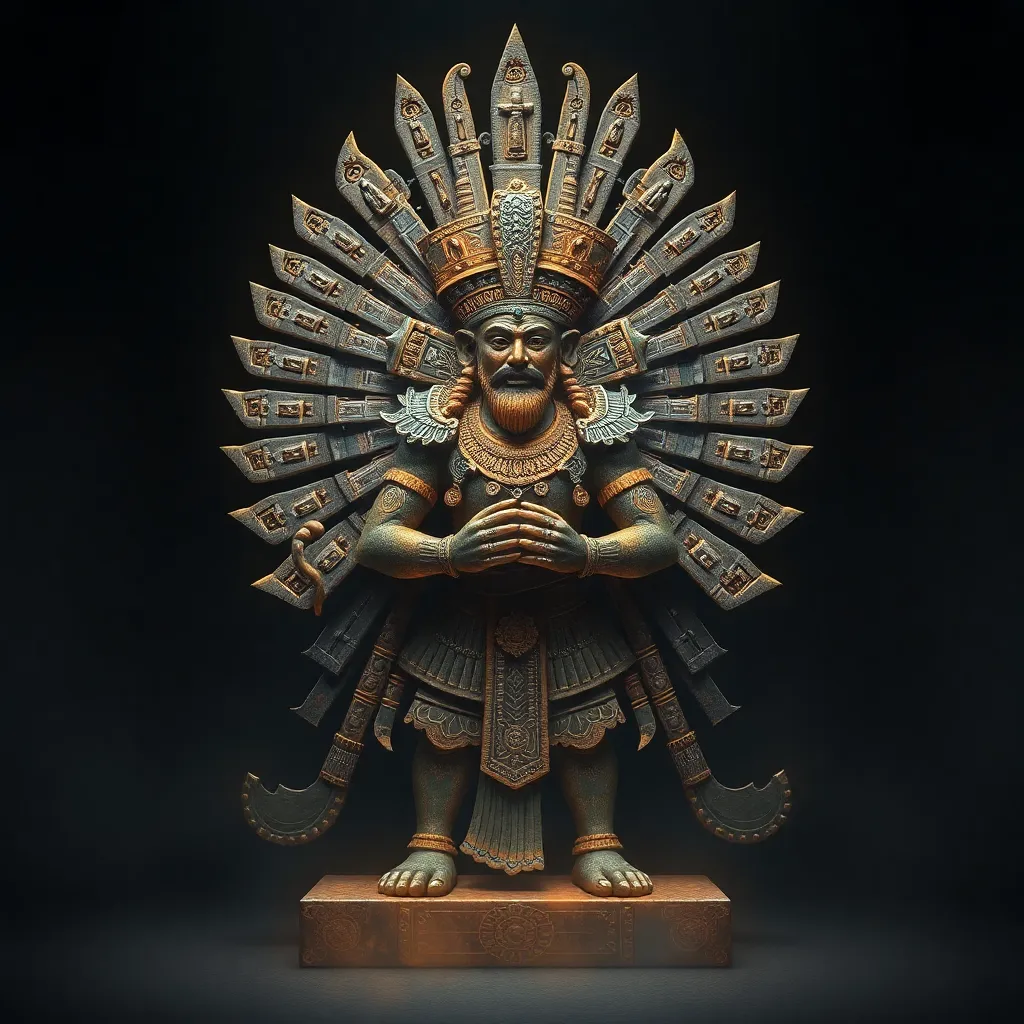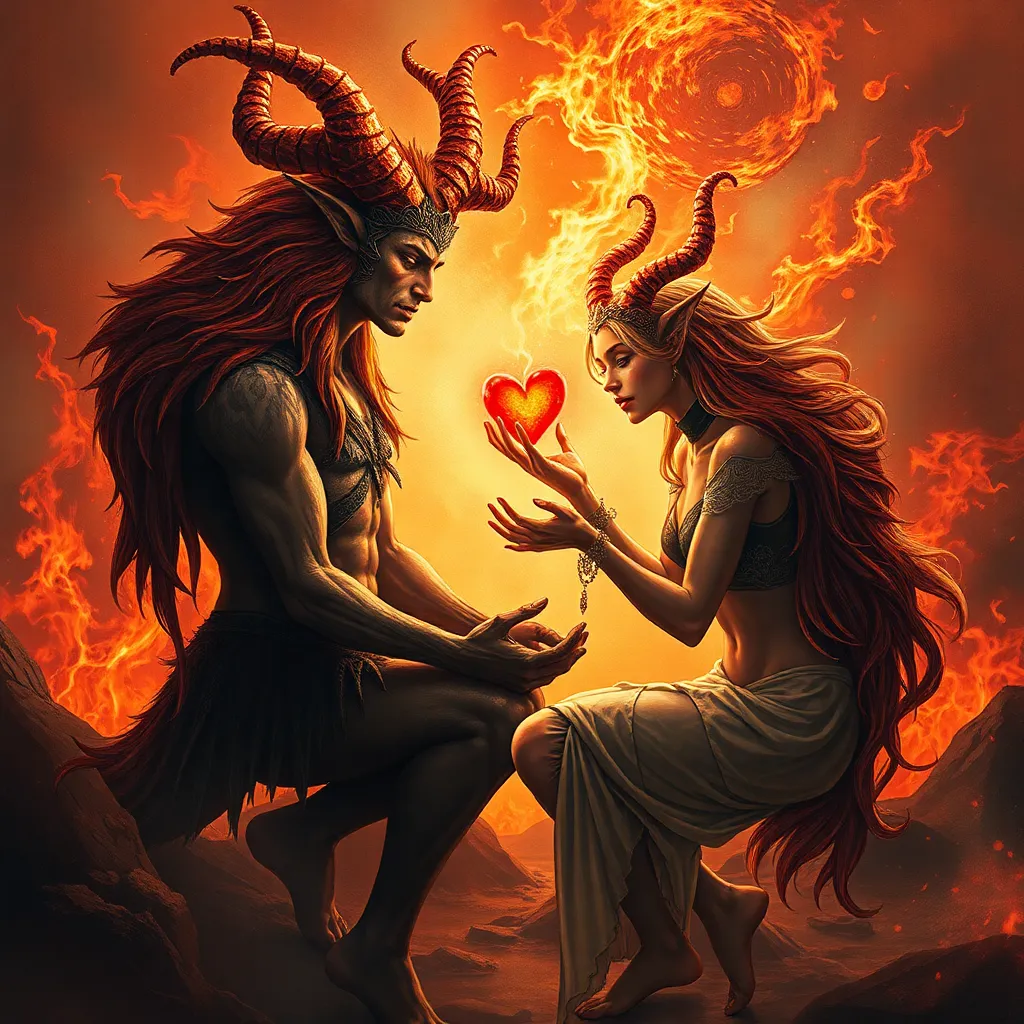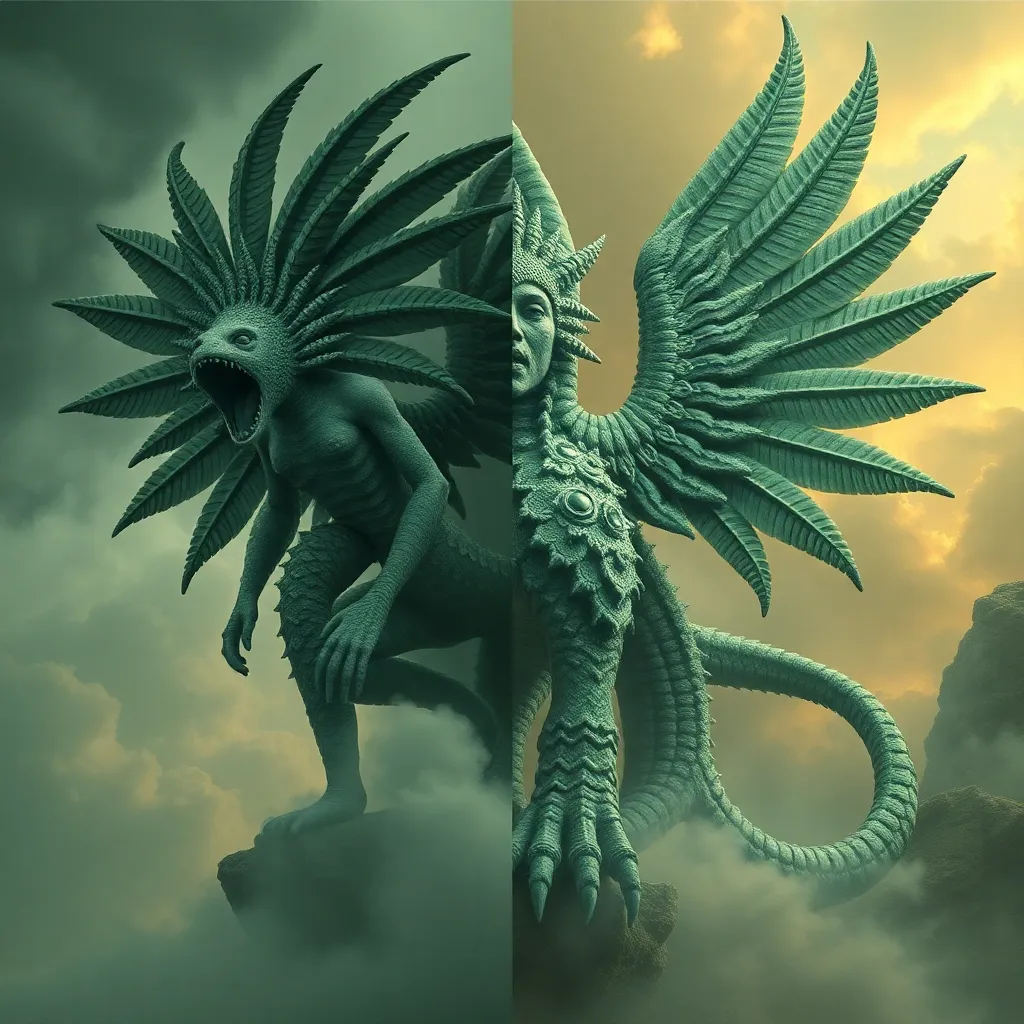Itzamná: The Mayan God of Wisdom and Knowledge
I. Introduction
Itzamná holds a prominent place in Mayan mythology as a deity associated with wisdom, knowledge, and the arts of governance. Revered as a creator god, Itzamná is considered the source of enlightenment and understanding in a culture that deeply valued intellectual pursuits.
In Mayan society, wisdom and knowledge were not just personal virtues but were essential for the functioning of civilization. Knowledge encompassed various fields, including agriculture, astronomy, medicine, and governance. This article aims to explore the significance of Itzamná in Mayan culture, his attributes, his role in cosmology, and his lasting impact on contemporary society.
II. Historical Context of Itzamná
The origins of Itzamná can be traced back to the earliest texts of the Maya civilization. His name appears prominently in the Popol Vuh, the sacred book of the K’iche’ Maya, where he is depicted as a creator and a wise figure.
- Origins and Early Representations: Itzamná is often represented as an old man with a large nose, symbolizing wisdom and experience. His association with the sky and the cosmos further emphasizes his role as a creator god.
- Role in the Mayan Pantheon: Itzamná is considered one of the principal gods in the Mayan pantheon, influencing various aspects of daily life, including agriculture and governance.
- Worship and Significance: In ancient Mayan cities, temples and altars were dedicated to Itzamná, where rituals and offerings were made to gain his favor and wisdom.
III. Attributes and Symbolism of Itzamná
Itzamná’s physical characteristics and artistic depictions reveal much about his nature. He is often shown with a serpent or an owl, both symbols of knowledge and foresight.
- Physical Characteristics: In many artworks, Itzamná is depicted with an elongated head, which may symbolize his connection to the heavens and his role as a celestial being.
- Symbols Associated: The owl is a primary symbol linked to Itzamná, representing wisdom. The sky, with its vastness and mystery, is another key symbol associated with his divine nature.
- Dual Nature: While Itzamná is primarily a benevolent god, he also embodies ferocity, reminding the Maya of the balance between wisdom and power.
IV. Itzamná’s Role in Mayan Cosmology
In the Mayan creation myths, Itzamná plays a crucial role in the formation of the universe. He is often depicted as the one who created the world and humanity, reflecting the deep intertwining of knowledge with existence.
- Connection to Creation Myths: Itzamná’s actions in the creation myths highlight the importance of wisdom in the process of creation, portraying him as a guiding force.
- Relationship with Other Deities: Itzamná interacts with various other gods, including the sun god and the maize god, showcasing a complex network of divine relationships that govern the natural world.
- Influence on Agricultural Cycles: His wisdom is vital for understanding the agricultural and seasonal cycles, allowing the Maya to synchronize their farming practices with celestial events.
V. The God of Knowledge: Itzamná’s Contributions
As the god of knowledge, Itzamná is credited with patronage over scribes and scholars, significantly influencing the development of the Mayan writing system.
- Patronage of Scribes: Itzamná is revered as the protector of those who write and record history, making him central to the preservation of Mayan culture.
- Development of Writing: The intricate hieroglyphic system developed by the Maya is often attributed to the inspiration of Itzamná, who provided the knowledge necessary for such advancements.
- Teachings on Various Fields: Itzamná is also associated with teachings on medicine, astronomy, and mathematics, embodying the comprehensive nature of knowledge in Mayan society.
VI. Ceremonies and Rituals Dedicated to Itzamná
The worship of Itzamná was integral to Mayan religious life, with various rituals and ceremonies designed to honor his wisdom and seek his guidance.
- Types of Rituals: Rituals often included offerings of food, flowers, and incense, performed at shrines dedicated to Itzamná.
- Festivals and Celebrations: Special festivals were held to celebrate Itzamná, where the community would come together to share knowledge, perform dances, and engage in storytelling.
- Importance of Ceremonies: These ceremonies played a crucial role in maintaining the collective knowledge of the Maya, ensuring that the teachings of Itzamná were passed down through generations.
VII. Itzamná in Contemporary Culture
In modern times, Itzamná remains a figure of great significance, inspiring new interpretations and a resurgence of interest in ancient Mayan wisdom.
- Modern Interpretations: Contemporary artists and writers draw inspiration from Itzamná, reflecting on his teachings and their relevance today.
- Influence on Spirituality: Many modern Mayan spiritual practices still honor Itzamná, integrating his wisdom into contemporary rituals and beliefs.
- Resurgence of Interest: The global fascination with ancient cultures has led to a renewed appreciation for the knowledge and teachings associated with Itzamná, promoting the preservation of Mayan heritage.
VIII. Conclusion
Itzamná’s influence on Mayan civilization is profound, encapsulating the importance of wisdom and knowledge in all aspects of life. His legacy serves as a reminder of the value of intellectual pursuits and the quest for understanding in our own lives.
As we reflect on the relevance of wisdom and knowledge today, Itzamná stands as a beacon of enlightenment, inspiring us to seek knowledge and preserve the rich cultural heritage of the Maya. The teachings and stories of Itzamná continue to resonate, encouraging us to honor the past while embracing the future.



